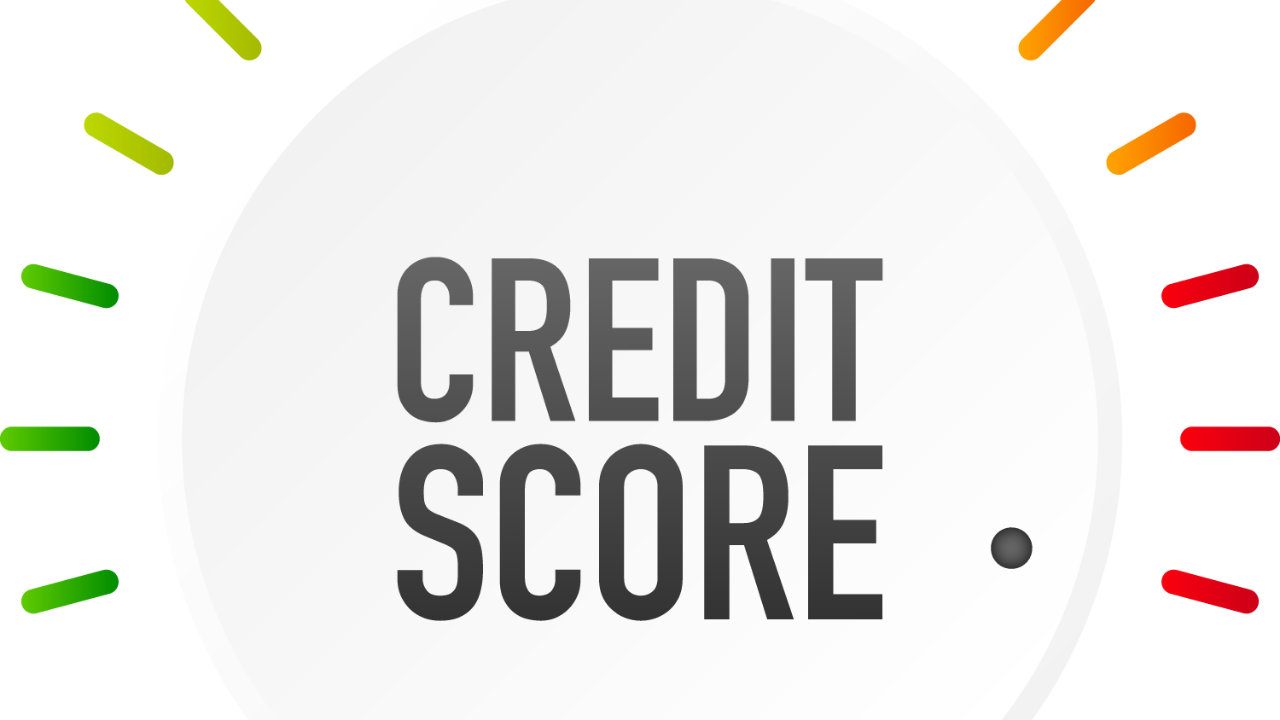Improving Your Credit Score for Homebuying: A Step-by-Step Guide
Marilyn Archer • July 31, 2025

Your credit score is a crucial factor in securing a favorable mortgage rate and achieving your dream of homeownership. Lenders use your score to determine your creditworthiness, which impacts loan approval and the interest rates you’ll pay. This article provides actionable steps to boost your credit score and ensure you’re ready to qualify for a mortgage.
📊How Credit Scores Impact Mortgage Rates
Your credit score directly influences the mortgage rates lenders offer. A higher score signals to lenders that you’re a reliable borrower, which can save you thousands over the life of a loan.
What Lenders Look For:
- Credit Score Ranges:
- Excellent (740+): Access to the lowest interest rates.
- Good (700–739): Competitive rates but slightly higher.
- Fair (620–699): Higher rates, and some lenders may require additional documentation.
- Poor (<620): Limited loan options with high interest rates.
The Financial Impact of Your Score:
- Example: On a $300,000 loan, a 1% difference in interest rate due to your credit score could mean paying tens of thousands more over 30 years.
💡Quick Tip:
Check your score early in the homebuying process to identify opportunities for improvement.
🏠Common Credit Mistakes to Avoid During the Homebuying Process
Making certain credit mistakes while preparing to buy a home can significantly lower your score and jeopardize your loan approval.
Mistakes to Watch Out For:
- Missing Payments:
- Even one late payment can drop your score by 50+ points.
- Set up automatic payments to avoid this risk.
- Taking on New Debt:
- Opening new credit accounts or taking out loans increases your debt-to-income (DTI) ratio, which lenders monitor closely.
- Closing Old Credit Accounts:
- Reducing your credit history length can lower your score.
- Keep accounts open, even if unused, to maintain your credit age.
- High Credit Utilization:
- Using more than 30% of your available credit limit can harm your score.
- Pay down balances before applying for a mortgage.
💡Quick Tip:
Avoid large financial moves like buying a car or financing furniture until after closing on your home.
✅Strategies for Long-Term Credit Health
Building and maintaining a strong credit score takes time and consistency. Adopting these strategies ensures you’ll be mortgage-ready and financially secure for the future.
1. Monitor Your Credit Regularly:
- Use free credit report services to check your score and report for errors.
- Dispute inaccuracies such as incorrect balances or accounts that aren’t yours.
2. Pay Down Debt Strategically:
- Focus on high-interest debt first (avalanche method) or small balances (snowball method).
- Avoid using more than 30% of your credit limit.
3. Diversify Your Credit Mix:
- A healthy mix of installment loans (e.g., car loan, mortgage) and revolving credit (e.g., credit cards) can improve your score.
4. Build a Strong Payment History:
- Pay all bills on time, including utilities and loans.
- Consider using a secured credit card to build credit if your history is limited.
5. Plan Ahead for Mortgage Approval:
- Start improving your credit score 6–12 months before applying for a loan.
- Avoid quick fixes or credit repair scams promising instant results.
💡Recap
Improving your credit score is one of the most impactful steps you can take to secure a favorable mortgage and achieve your homeownership goals. By avoiding common mistakes, paying down debt, and building long-term credit health, you can position yourself for success.



